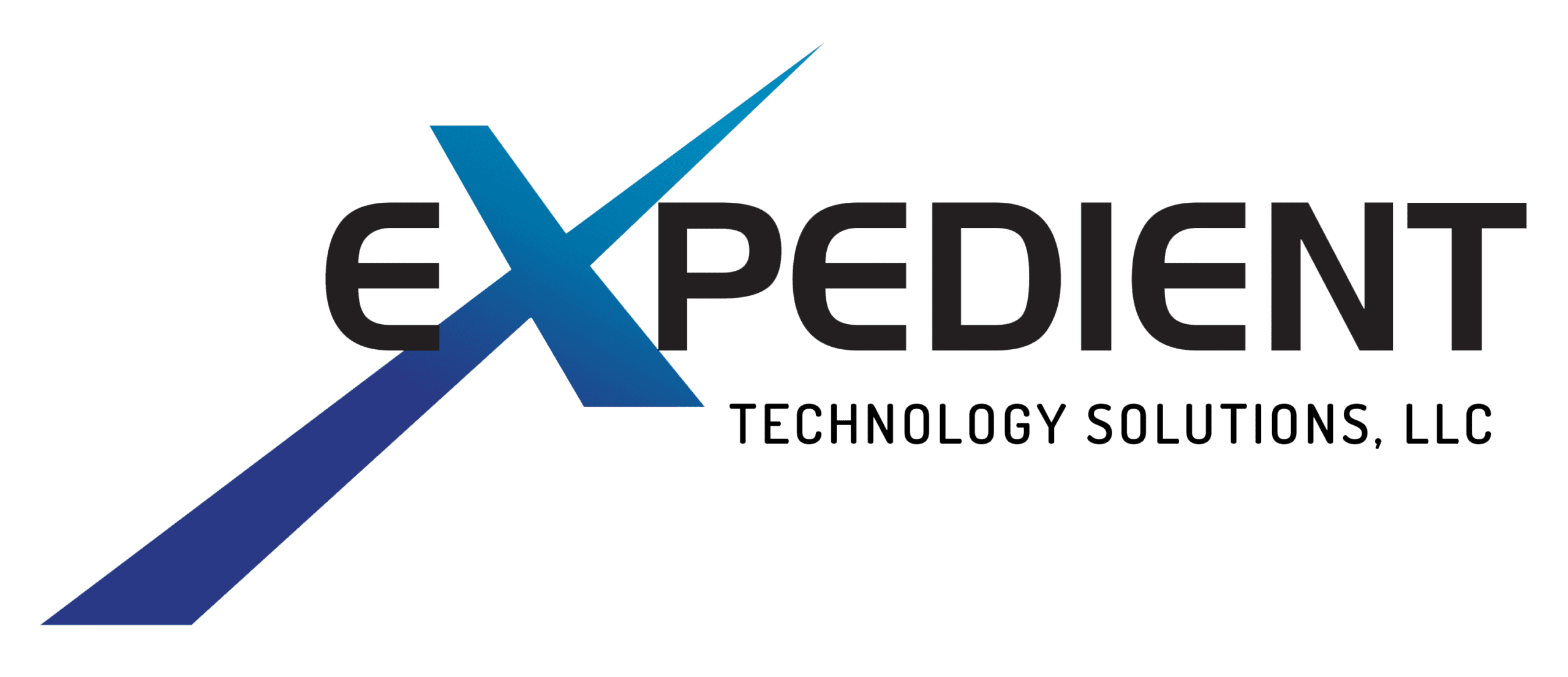When people think of data centers, they might imagine endless rows of servers housed in high-security facilities built in underground bunkers. While there are certainly facilities like that, it isn’t always the case. In fact, a data center doesn’t actually have to be a dedicated building.
Any room that houses server equipment and storage systems is technically a data center, but for today’s businesses, that isn’t enough. They need to ensure that their systems are secure, maintained, and prepared for contingences such as power failure. You don’t just need to know what type of server your systems or backups are being stored on. You need to know where those servers are kept.
This is where data center tiers come into play.
Not All Data Centers are Created Equal
Data center tiers are a set of standards designed to measure the capabilities of a particular data center. The key differentiators here are power capabilities, redundancies, cooling systems, and, ultimately, uptime/downtime. Depending on the industry you are in, as well as the type of data being stored on your systems, you may be required to keep it within a particular tier of data center.
There are primarily four tiers of data centers, with Tier 1 being the most basic and Tier 4 being the highest quality.
Tier 1
Tier 1 data centers are a dedicated server room or building that offer 99.671% uptime. While that sounds high, Tier 1 data centers ultimately allow for 28.8 hours of downtime per year, and that downtime can take place at any point. They also generally lack redundancy equipment, using singular paths for power and cooling. Basically, if something goes wrong, or an update is needed, your systems go down.
While Tier 1 is the most affordable option, it also exposes you to the most risk.
Tier 2
Tier 2 still uses a single path for power and cooling, but it offers some redundancy capabilities such as a backup generator or emergency cooling equipment. This keeps uptime at about 99.741%, which translates to roughly 22 hours or less of downtime per year.
Tier 3
Once you move on to Tier 3, a data center’s capabilities increase significantly. A Tier 3 data center uses multiple paths for power and cooling, allowing them to perform maintenance and make updates without having to shut down the equipment. Their redundant power systems provide at least 72-hour power outage protection.
They also have fully redundant cooling systems. Should one cooling system fail, another activates to keep the room cooled without interruption. While this provides advanced protection, Tier 3 data centers aren’t completely fault tolerant.
Ultimately, a Tier 3 data center provides 99.982% uptime, with a total downtime of just 95 minutes a year.
Tier 4
Finally, there are Tier 4 data centers. With Tier 4, you get true fault tolerance. All power supplies and cooling equipment are independently dual-powered. This allows systems to achieve an uptime of 99.995%, which means 26 minutes or less of downtime each year.
For those with demanding uptime requirements and strict standards to meet, a Tier 4 data center is a must.
Simplifying Hosting and IT Needs
Understanding server systems and capabilities can be very difficult. Hosting companies don’t make this much easier, often using complex terms and bundling their services into confusing packages.
At Expedient Technology Solutions, it’s our goal to make IT less stressful. That’s why we provide straightforward, flat rate hosting and management services for our customers.
Our equipment is housed in a Tier 4 data center so you can trust it is well protected and you can experience the benefits of maximum uptime. We’re also capable of housing your company’s equipment if you need colocation.
Whatever standards your company may need to operate under, we have the means to accommodate. We can also pair it with any of our other IT services, providing you with a convenient all-in-one IT solution. Not entirely sure what you need? Our IT consultants in Dayton, Ohio, are more than happy to help you.
For Stress-Free IT®, contact ETS today!
